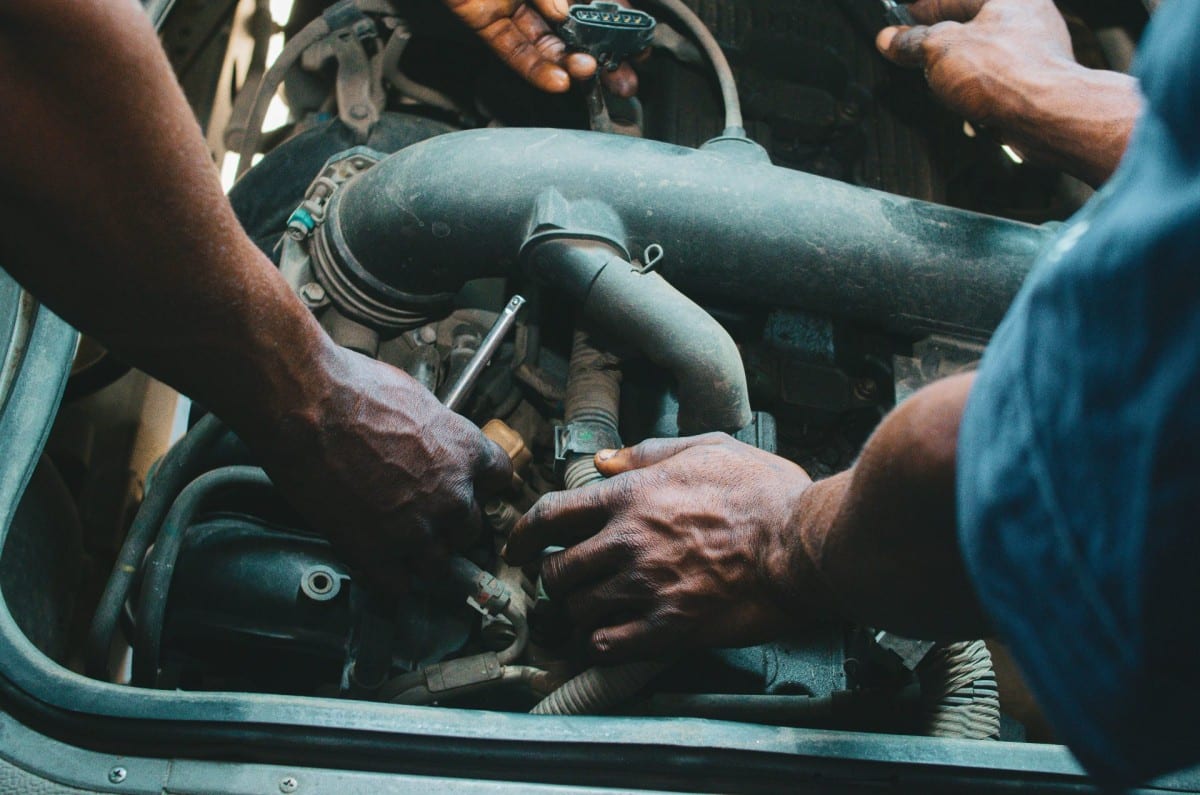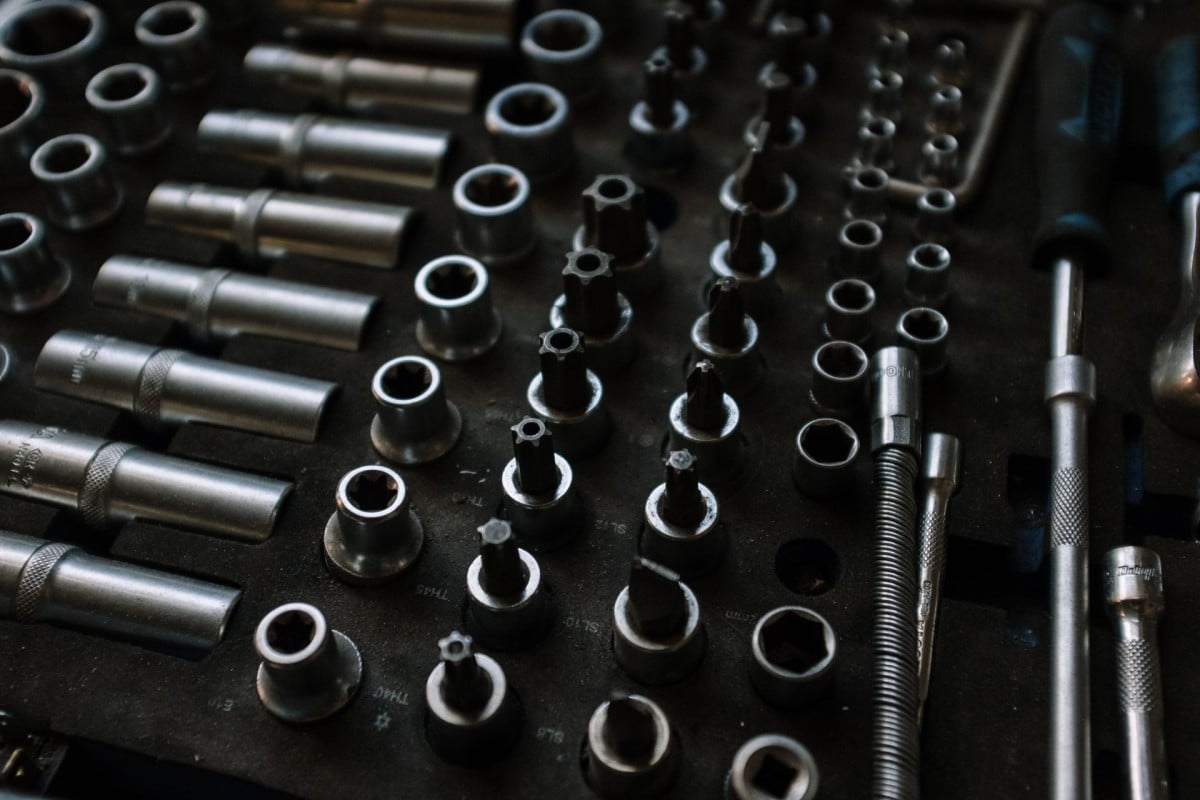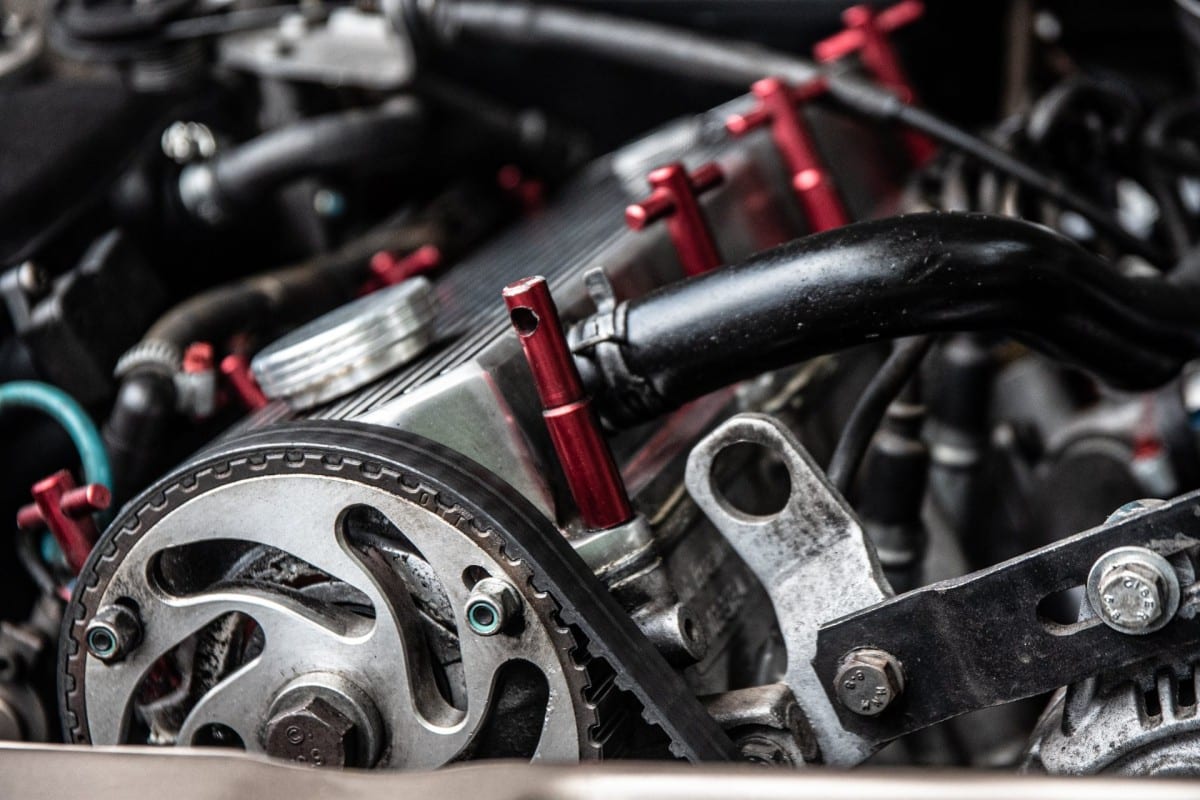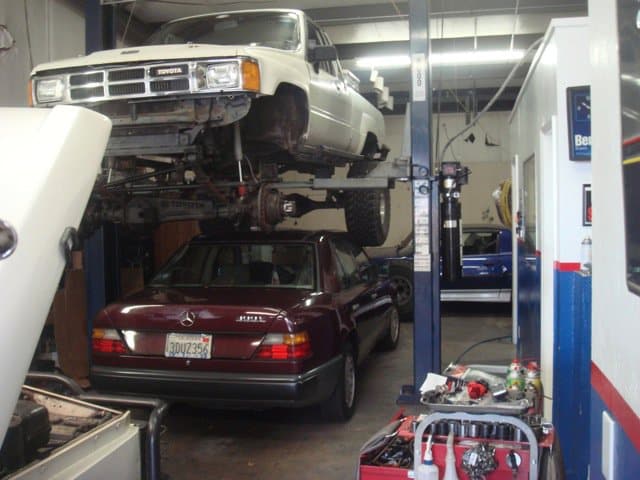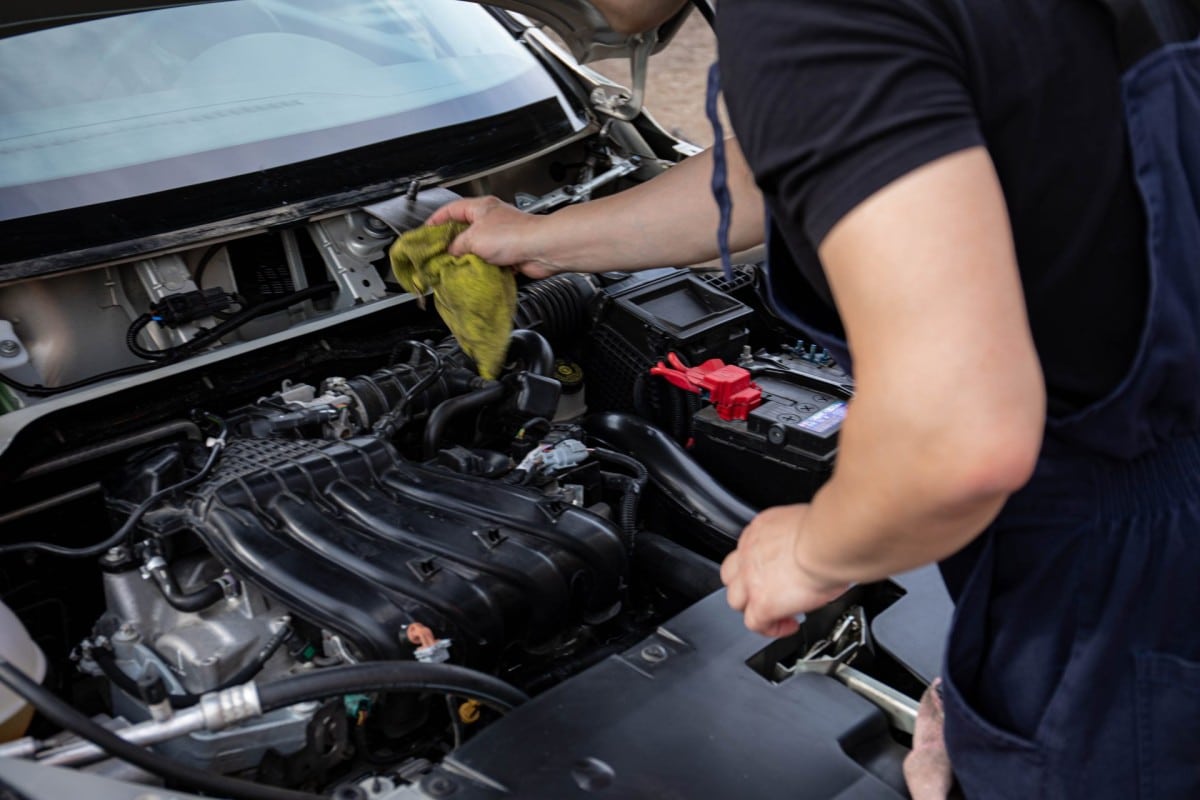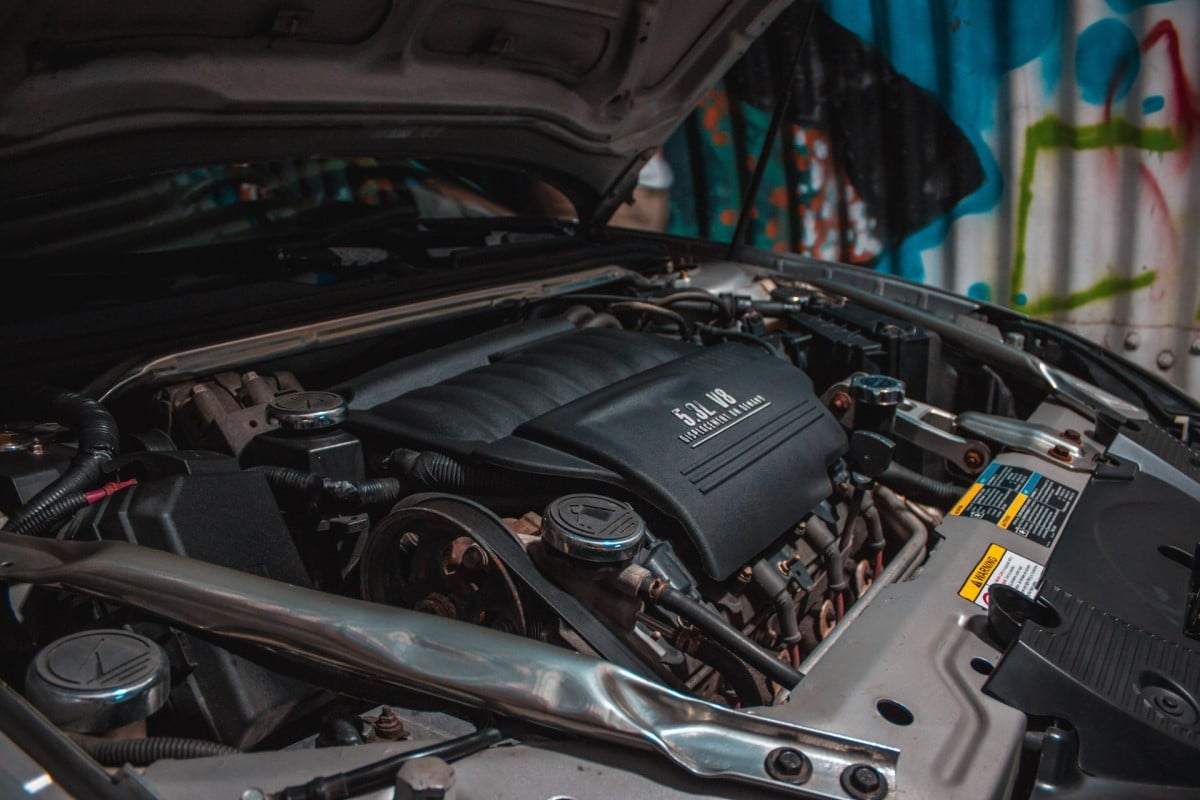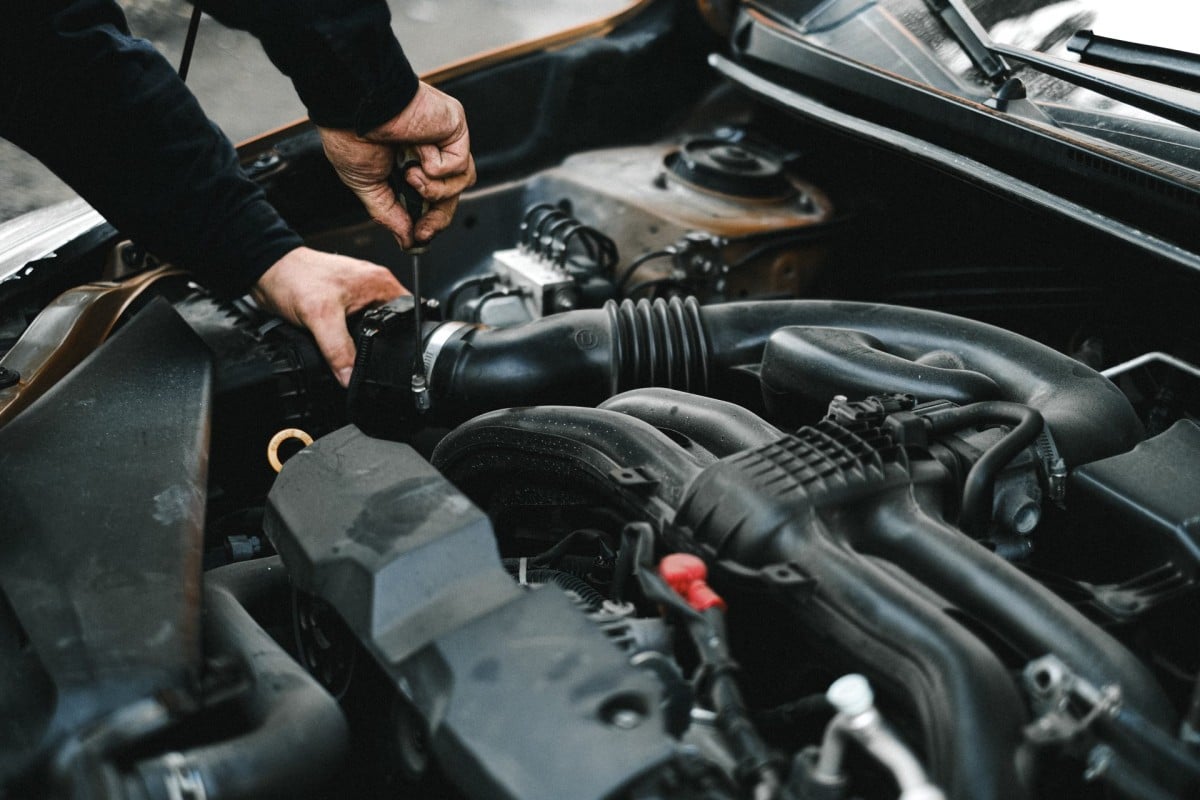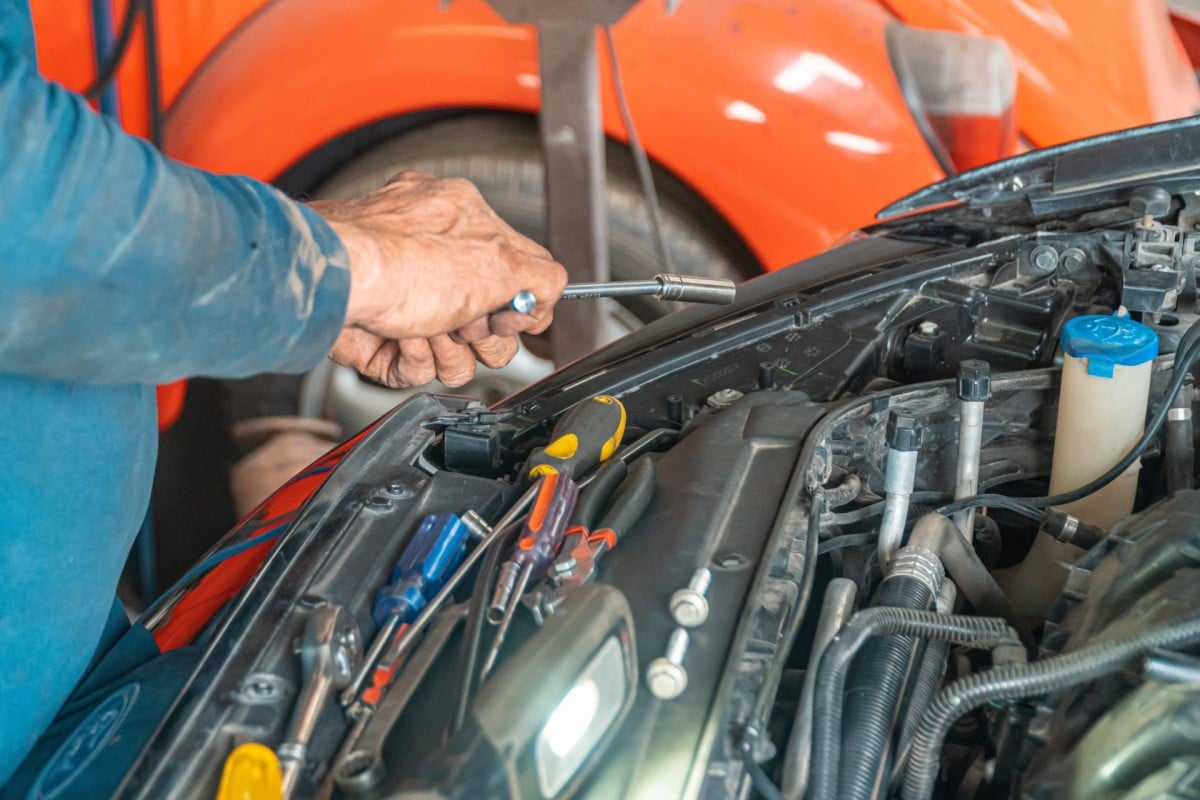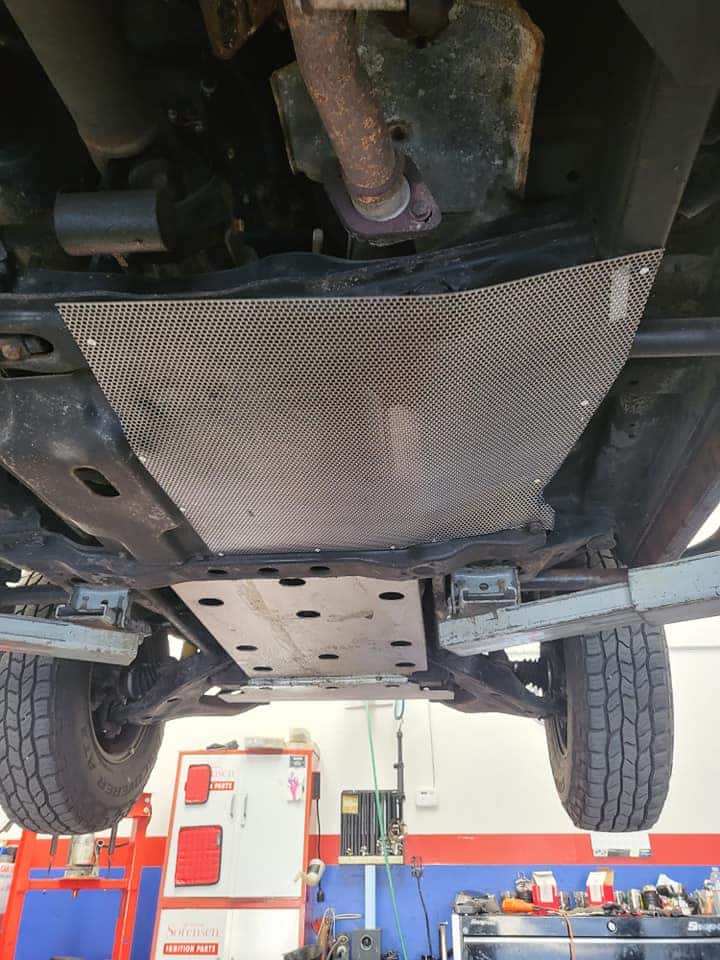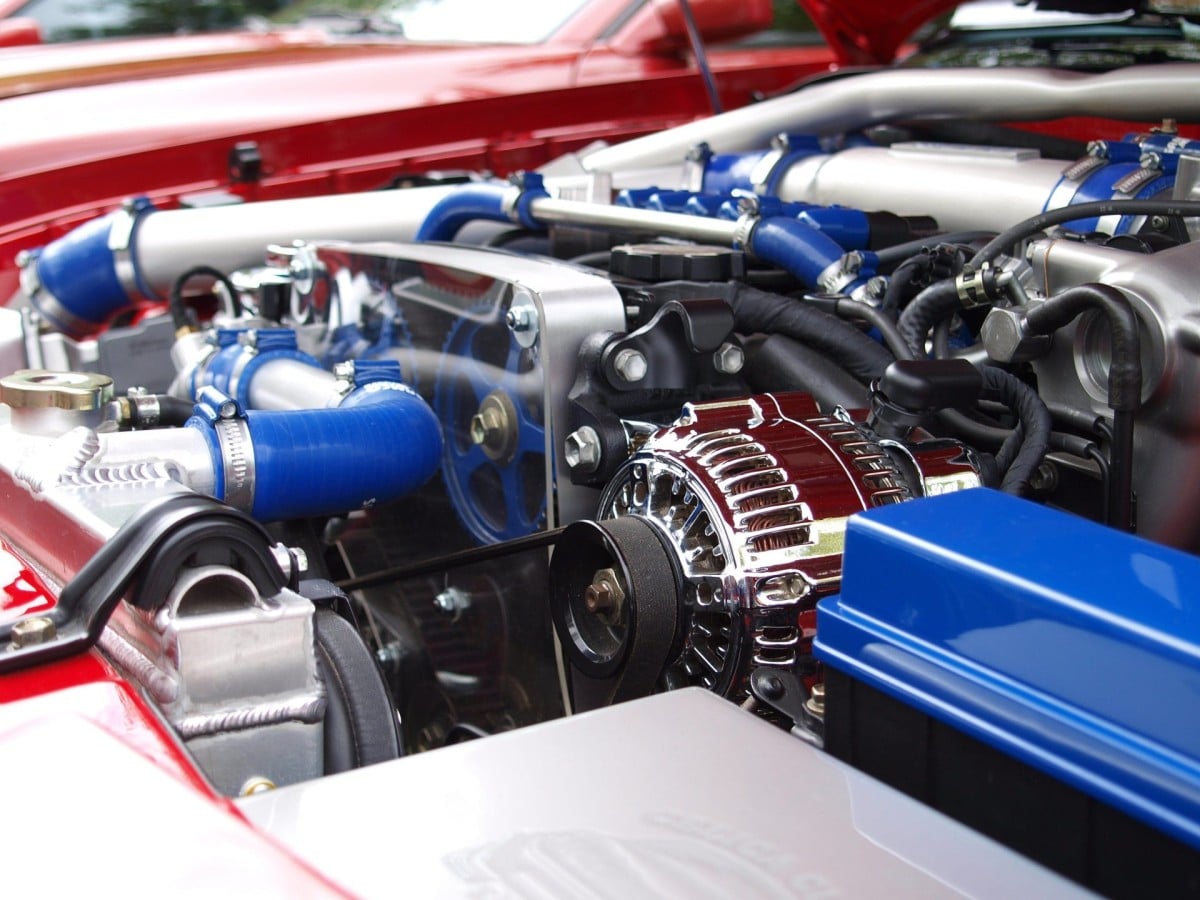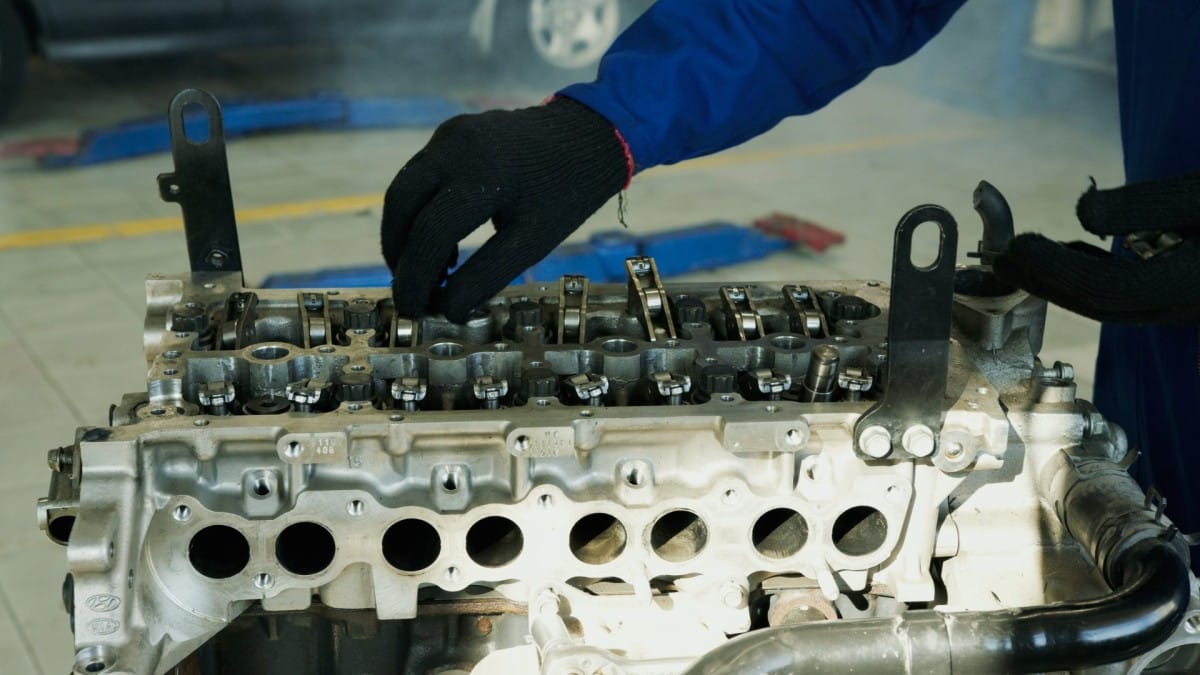When faced with car troubles, one of the most significant decisions you'll make is where to take your vehicle for repairs. Many car owners wonder whether local repair shops are cheaper than dealerships. The answer isn't always straightforward, as it depends on various factors, including the type of repair, your vehicle's make and model, and your specific needs and preferences.
Let's explore the factors to consider when comparing the costs of local repair shops and dealerships:
1. Labor Rates
Local repair shops often have lower labor rates compared to dealerships. This can result in cost savings for routine maintenance and minor repairs. Dealerships, on the other hand, tend to have higher overhead costs, including staff salaries and facilities, which can lead to higher labor charges.
2. Parts Costs
Dealerships typically use original equipment manufacturer (OEM) parts, which can be more expensive than aftermarket parts used by many local repair shops. While OEM parts are known for their quality and compatibility, aftermarket parts can provide cost-effective alternatives without sacrificing quality.
3. Warranty Considerations
If your vehicle is still under warranty, it's crucial to check the terms and conditions. In some cases, manufacturers may require repairs to be performed at dealerships to maintain warranty coverage. However, for out-of-warranty vehicles, local repair shops can offer competitive prices without affecting your warranty.
4. Specialized Knowledge
Dealerships often have specialized knowledge and training for specific vehicle makes and models. This expertise can be valuable for complex or unique repairs. Local repair shops may excel in general automotive repairs but may not have the same level of specialization for certain brands or models.
5. Convenience
Local repair shops are often more convenient in terms of location and scheduling. You may find a nearby shop that can accommodate your needs more quickly than a dealership, which may have a busier schedule due to higher demand.
6. Personal Relationships
Building a relationship with a local repair shop can have its advantages. Local shops may provide more personalized service, get to know your vehicle's history, and offer recommendations based on your specific driving habits and needs.
7. Diagnostic Equipment
Dealerships typically have access to the latest diagnostic equipment and software specific to their brand. This can be beneficial for diagnosing complex issues accurately. However, local repair shops can also invest in quality diagnostic tools and keep them up-to-date.
8. Price Comparisons
To determine whether local repair shops are cheaper than dealerships for a particular repair, it's essential to obtain quotes from both. Be specific about the services required, including labor and parts costs. Compare the estimates and consider the overall value, including expertise, convenience, and warranty implications.
In conclusion, whether local repair shops are cheaper than dealerships depends on multiple factors, including labor rates, parts costs, warranty considerations, specialized knowledge, convenience, and personal preferences. While local repair shops can often provide cost-effective solutions for routine maintenance and minor repairs, dealerships may excel in brand-specific expertise and complex diagnostics.
Ultimately, the choice between a local repair shop and a dealership should be based on your specific needs and priorities. Consider the type of repair, your vehicle's warranty status, and your budget when making this important decision. Whether you choose a local shop or a dealership, the key is to find a reputable and reliable service provider that can keep your vehicle running smoothly.


